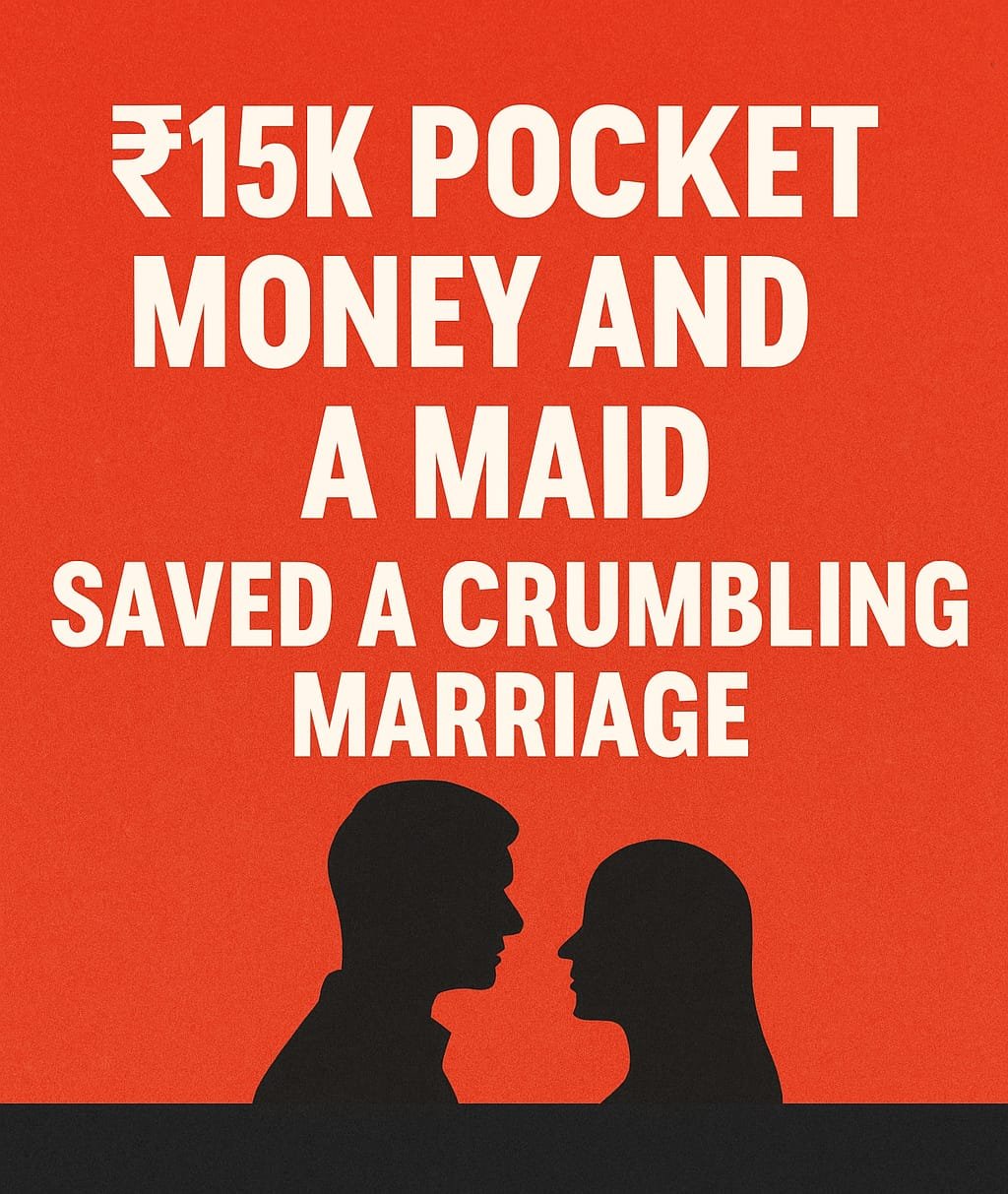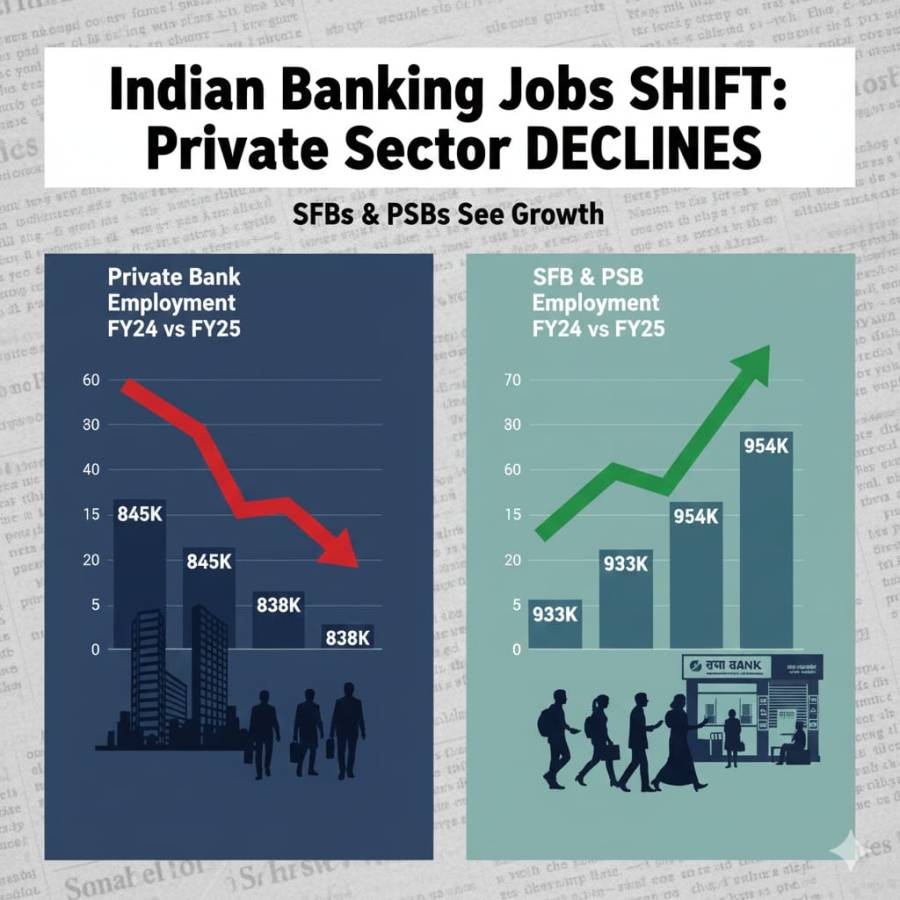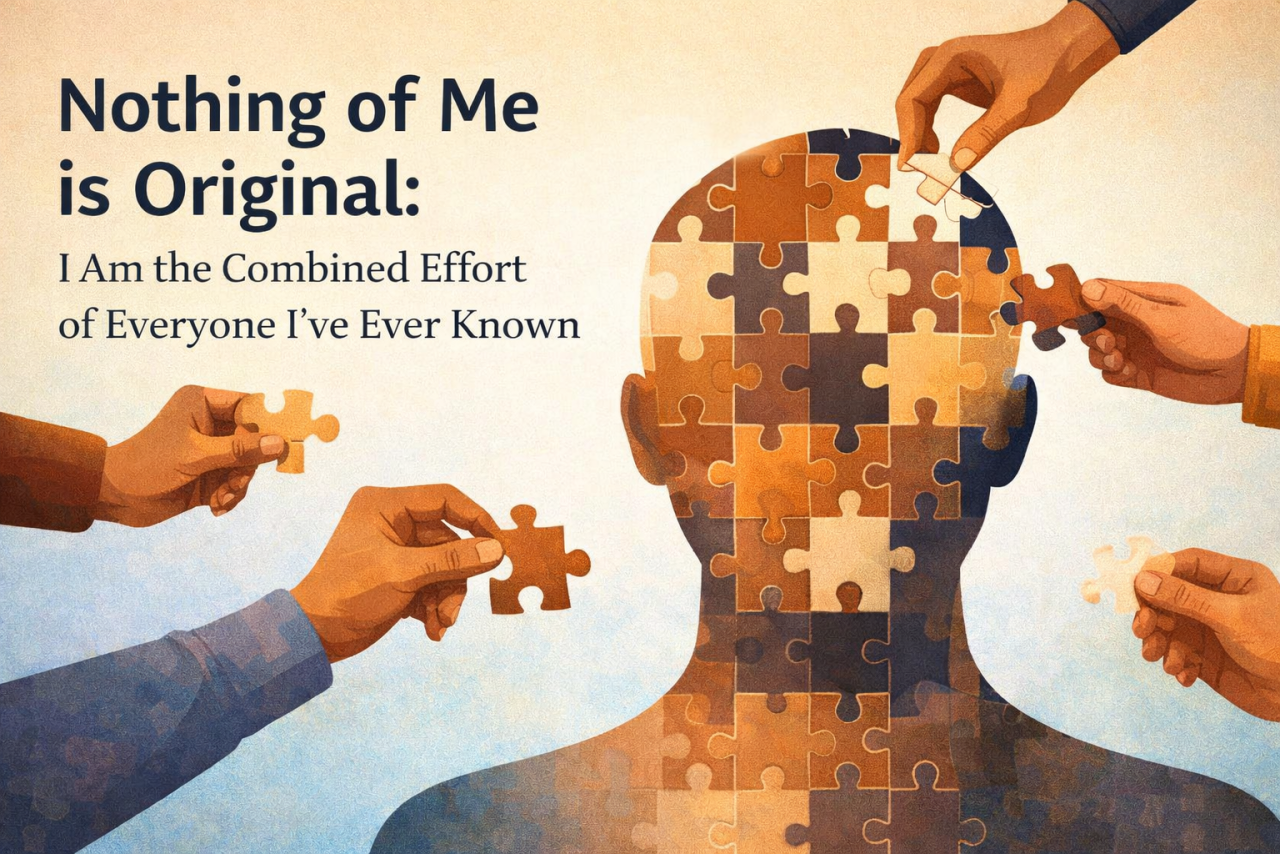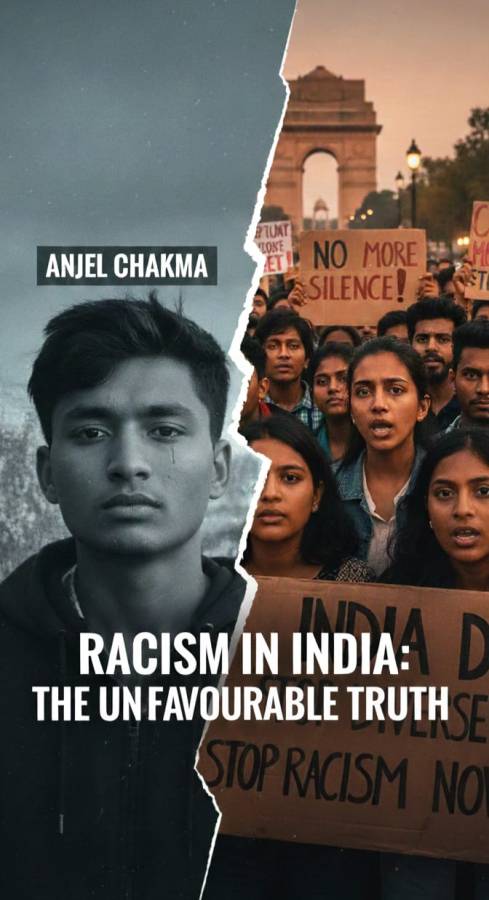
More often than not, family disputes end in divorce decrees and emotional wreckage. But recently, the Supreme Court of India authored a rare story of reconciliation. It wasn’t marked by grand romantic gestures, but by a realistic, almost business-like agreement. A young couple, once on the brink of ending their four-month-old marriage, stunned the judiciary by opting to reboot their relationship with a pact that included ₹15,000 monthly pocket money for the wife, a full-time domestic helper, and a vow from both sets of parents to simply give them space.
Yes, you read that right. In 2025, it wasn’t therapy or dramatic apologies that saved this marriage; it was structured terms and emotional maturity
The Broken Marriage That Found a Reset Button
The couple’s story began like many others, full of promise. They were married in February 2024, but by June, emotional turmoil, misunderstandings, and legal complaints, including one of domestic violence, had driven them back to their respective parental homes in Mumbai and Jaunpur. What followed was a legal rollercoaster: a police report, a domestic violence case, and a divorce petition filed in a Jaunpur court.
By January 2025, even the apex court had nearly lost hope. A bench led by Justice J.B. Pardiwala remarked that the relationship seemed beyond repair. And yet, the court decided to give them one final shot—not through a judgment, but by redirecting the case to the Supreme Court’s Mediation Centre.
The Pact That Surprised Everyone
When the couple returned to court months later, instead of filing for separation, they presented a joint agreement that was as unconventional as it was powerful.
Terms of the Agreement:
- The husband would deposit ₹15,000 per month into the wife’s account as “pocket money.”
- A full-time house-help would be hired to assist the wife with domestic chores, including kitchen duties.
- Both spouses pledged to treat each other’s families with respect and “forgive and forget past grievances.”
- Crucially, both sets of parents agreed to maintain a respectful distance and give the couple space to rebuild trust and intimacy.
This wasn’t just a list of demands; it was a framework for emotional healing and personal responsibility.
Practicality Over Passion: A New Model for Marital Recovery?
This verdict comes at a time when India is witnessing a rise in both early divorces and domestic litigation. The fact that the Supreme Court facilitated not just a compromise but a structured roadmap for reconciliation could set a precedent for courts and couples alike.
What makes this case especially remarkable is the court’s recognition that sometimes, emotional peace requires financial dignity. By formalizing the wife’s monthly allowance and relieving her of household burdens through hired help, the couple rebalanced power dynamics that may have contributed to earlier disputes.
A Lesson for Modern Marriages?
The bench, which included Justices Pardiwala and R. Mahadevan, formally disposed of the case in June 2025, noting that both civil and criminal proceedings between the couple were terminated. “We are happy to note that the parties have decided to save their marriage and lead a happy marital life,” the order read.
While many may scoff at the idea of a marriage being saved by money and a maid, this ruling reminds us that love isn’t always about roses; it’s often about respect, space, and shared responsibilities
Insightful Take
In an era where courts are overloaded with marital disputes, this case stands out as a model of what can happen when practical needs meet emotional maturity. It shows that reconciliation isn’t a miracle—it’s a series of deliberate steps, small adjustments, and mutual efforts.
Sometimes, saving a marriage doesn’t require falling in love all over again. It simply requires giving each other room to breathe and maybe a domestic help to clean.





















